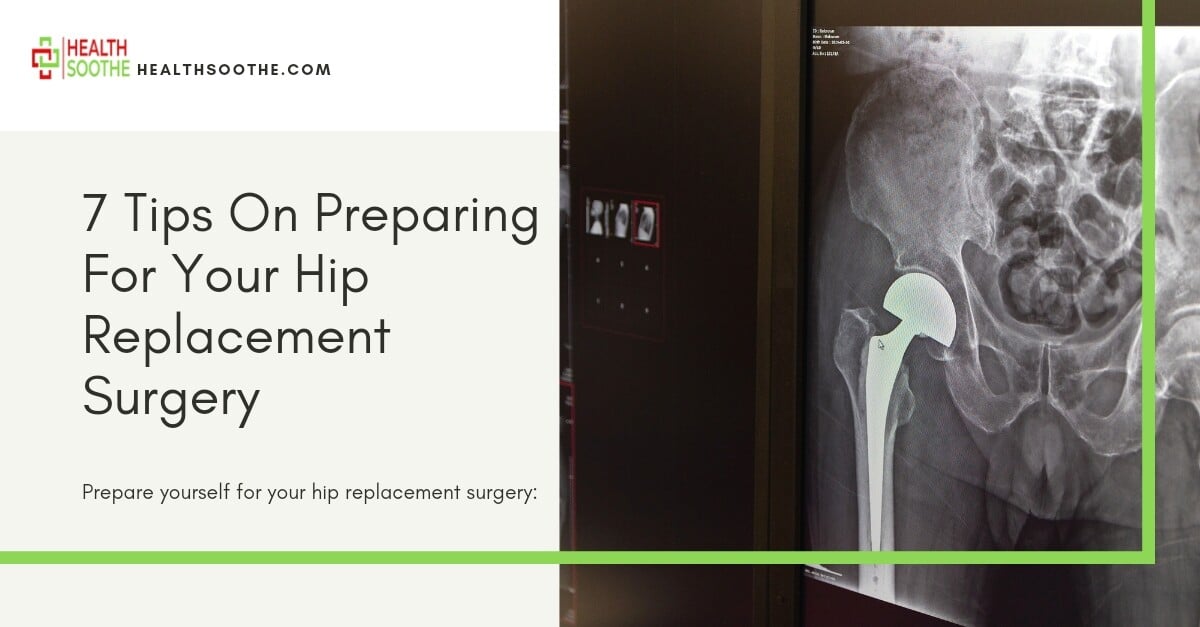Your mental health affects everything from your mood and outlook on life to your physical health and ability to cope with stress. Fortunately, there are several things you can do to boost your mental health. Here are five simple ways to improve your mental well-being:
Exercise Regular
Exercise can help to reduce stress and anxiety levels. Even just a moderate amount of exercise can make a big difference in your mental well-being. You can find workout videos online, join a local gym or fitness class, or even go for a walk around your neighborhood. Remember to start slowly and gradually increase your activity level to avoid injury.
Take Time for Yourself
It's important to take time for yourself and do things that make you happy. It can help to reduce stress levels and give you a sense of purpose. Schedule some "me time" each week to do things you enjoy. This could include reading, taking a yoga class, walking in nature, or listening to your favorite music. Find what works for you and make it a priority.
Eat a Healthy Diet
Eating a healthy diet can help improve your mood, increase your energy levels, and reduce stress. Certain nutrients, including omega-3 fatty acids, vitamin B6, and magnesium, are essential for mental health. You can find these nutrients in foods like salmon, nuts, whole grains, and lion's mane mushrooms.
If you're looking for a way to get all the benefits of lion's mane, including lion's mane gummies in your diet is a good idea. Made with real lion's mane extract, they are an easy and delicious way to add this potent mushroom to your daily routine. This type of mushroom is known for its cognitive-enhancing effects and can help to improve memory and focus. Avoid processed foods and sugary snacks, as these can cause spikes in blood sugar levels that can lead to feelings of anxiety and depression.
Get Enough Sleep
Sleep is essential for good mental health. When you don't get enough sleep, it can affect your mood, energy levels, and ability to concentrate. Aim to get at least seven hours of sleep each night. If you have trouble falling asleep or staying asleep, there are a few things that you can try. Establish a regular sleep schedule, avoid caffeine before bed, and create a relaxing bedtime routine. You can also try sleeping in a dark, quiet room with a comfortable mattress and pillow.
Connect With Others
Spending time with loved ones can help to improve your mood and increase feelings of happiness and satisfaction. If you don't have close friends or family members, there are other ways to connect with people. You can join a club or group that shares your interests, volunteer in your community, or reach out to someone you know who might be having a tough time.
Seek Professional Help
Seeking professional help is a sign of strength, not weakness. If you're struggling to cope with stress, anxiety, or depression, talking to a therapist can be very helpful. A therapist can help you identify and work through the issues affecting your mental health. They can provide you with tools and skills to manage your mental health in a healthy manner.
Consider Relaxation Practice
Including relaxation practices in your daily routine can help to reduce stress and improve mental well-being. There are many different types of relaxation techniques that you can try. Some popular options include yoga, meditation, deep breathing, Reiki training and progressive muscle relaxation. Experiment with different techniques to see what works best for you.
When it comes to mental health, there are a variety of steps you can take to boost your mood and well-being. Taking care of yourself physically and emotionally is important for maintaining good mental health. If you're feeling overwhelmed or struggling, don't hesitate to seek help. Many resources are available to support your journey to better mental health.







